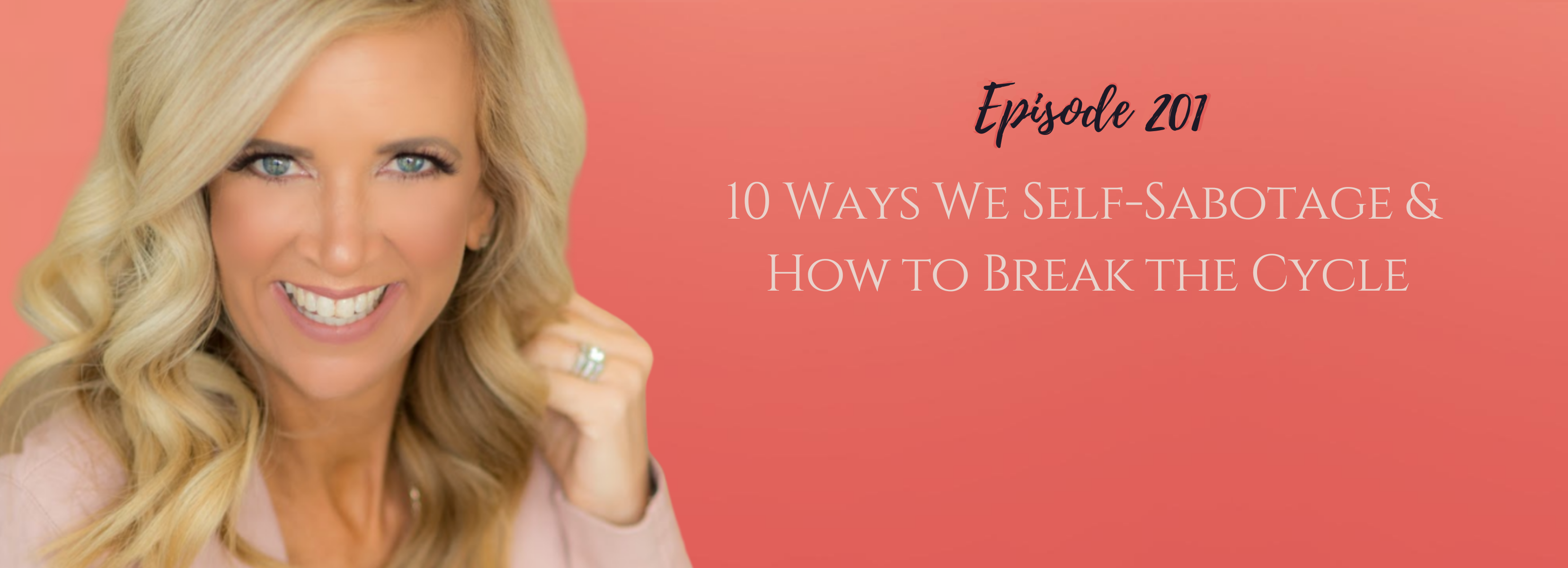
10 Ways We Self-Sabotage & How to Break the Cycle | 3.22.2023
In this episode, Kristen takes a deep dive into the top 10 ways we self-sabotage and how to stop this vicious cycle.
You'll Learn
- What is self-sabotage and what are the ways we self-sabotage
- What causes self-sabotaging behavior
- How to recognize self-sabotage and stop this vicious cycle
Resources
For counseling services near Indianapolis, IN, visit www.pathwaystohealingcounseling.com.
Subscribe and Get a free 5-day journal at www.kristendboice.com/freeresources to begin closing the chapter on what doesn’t serve you and open the door to the real you.
This information is being provided to you for educational and informational purposes only. It is being provided to you to educate you about ideas on stress management and as a self-help tool for your own use. It is not psychotherapy/counseling in any form.
[fusebox_transcript]